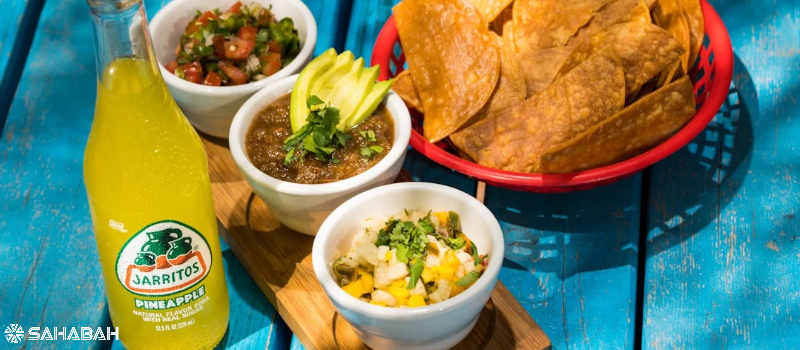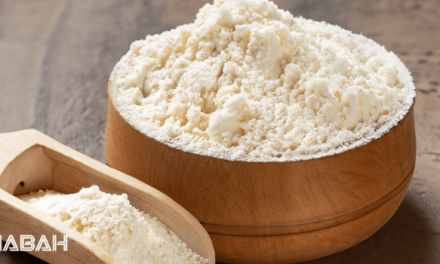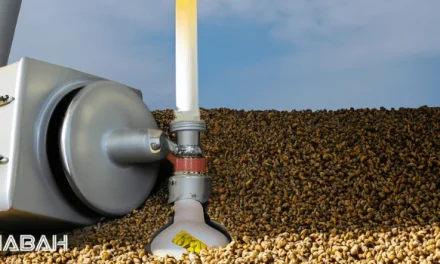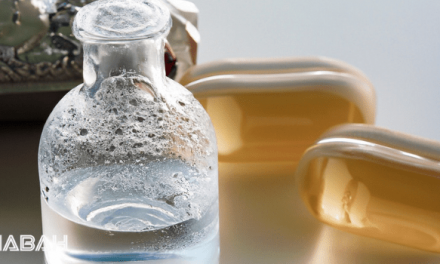Yellow 5, also known as tartrazine, is a synthetic lemon yellow azo dye widely used as an artificial food coloring. It’s one of the most widely used artificial food dyes, providing a vibrant yellow color to countless food products, beverages, cosmetics, and more. However, like many artificial food colorings, Yellow 5 has raised some concerns among health experts, particularly regarding potential hyperactivity in children and allergic reactions in sensitive individuals.
Overview of Halal Foods
In Islam, foods are classified as either halal (permissible) or haram (forbidden) according to Islamic dietary laws derived from the Quran and hadith. Ingredients that are haram and cannot be consumed include:
- Pork and pork-derived ingredients
- Alcohol
- Meat from improperly slaughtered animals
- Animal blood
- Carnivorous animals
- Any food containing anything considered impure/najis
For a food product to be considered halal, it must not contain any haram ingredients and should be processed according to Islamic guidelines. The halal status of ingredients like food additives is sometimes debated among scholars.
Is Yellow 5 Vegan and Vegetarian?
It’s important to note that while halal certification overlaps with vegan and vegetarian diets in avoiding animal-derived ingredients, the terms are not identical. Yellow 5/tartrazine is synthesized from petroleum or coal sources, so it is considered vegan and vegetarian-friendly. However, its halal status is still debated among Islamic scholars.
The Halal Status of Yellow 5: A Closer Look
Ingredients Used to Make Yellow 5
To examine if Yellow 5 is halal, we need to look at the various chemical processes and ingredients involved in its production:
- Petroleum or Coal Tar Sources: The starting materials are petroleum-based or derived from coal tar distillation.
- Sulfuric Acid: Used in several chemical reactions.
- Sodium Nitrite: A key ingredient in the chemical synthesis.
- Ammonia: Utilized in the diazotization step.
None of these source ingredients are directly derived from animals, alcohol, or other explicitly haram substances according to Islamic law. However, the processes are chemical and industrial in nature.
Differing Scholarly Opinions
Due to the synthetic, non-natural composition of Yellow 5, there is some debate around its permissibility in Islam:
Halal Perspective: Some Islamic scholars argue that Yellow 5 can be considered halal if it is properly synthesized without any haram animal sources or alcohol. They view it like any other synthetic, halal-certified additive without animal derivatives.
Haram Perspective: On the other hand, other scholars take a more cautious stance, discouraging or prohibiting Yellow 5 consumption. Their view is that synthetic food colorings like Yellow 5 are unnecessary additives produced through industrial processes far removed from pure, natural food sources created by Allah.
Currently, there does not appear to be a unanimous consensus across all Islamic schools of thought regarding Yellow 5’s halal status. It depends on the particular interpretation.
Certifying Bodies’ Stances
The stances of major halal certification agencies provide some guidance, though they differ:
-
IFANCA (Islamic Food and Nutrition Council of America): Permits Yellow 5 as synthetic but halal
-
HFA (Halal Food Authority): Also certifies products containing Yellow 5 as halal
-
ISWA (Islamic Society of Western Australia): Discourages overconsumption of synthetic additives like Yellow 5
-
Some Regional Bodies: Prohibit the use of Yellow 5 in certified halal products
So while mainstream halal certifiers in the US and other Western countries generally allow Yellow 5, some organizations recommend moderating use or avoidance, leading to differing stances on labeling products containing it as halal.
Avoiding Yellow 5 in Food Products
For those looking to limit or avoid Yellow 5 consumption while sticking to halal principles, here are some tips:
- Check ingredient labels for listings like “Yellow 5,” “FD&C Yellow No. 5,” “E102,” or just “Color Added”
- Be wary of bright yellow snacks, candies, drinks, baked goods, and processed foods
- Look for products labeled as halal/kosher certified and free from artificial colors
- Choose fresh, minimally-processed foods without added synthetic dyes
Some common food products containing Yellow 5 include:
- Packaged snacks like chips and crackers
- Certain candy and gummy varieties
- Beverages like soda, sports drinks, beer
- Boxed macaroni and cheese products
- Baked goods like cake mixes
- Some salad dressings, mustards, and condiments
There are many naturally-derived, plant-based halal alternatives to achieve yellow coloring like:
- Turmeric
- Saffron
- Annatto
- Beta-carotene
So while avoiding products with Yellow 5 may require extra label vigilance, it’s certainly possible to find viable halal-friendly options.
Conclusion: The Bottom Line on Yellow 5
Ultimately, there is no definitive consensus on whether the food coloring Yellow 5 (tartrazine) is considered halal or haram according to Islamic dietary guidelines. Its synthetic, non-animal derived nature means some Islamic scholars and major halal certification bodies certify it as permissible. However, others express concerns over its artificial composition through industrial processes.
The decision to consume products containing Yellow 5 comes down to personal interpretation and choice aligned with your specific beliefs and trusted Islamic authorities. There are valid arguments on both sides of this complex issue.
However, given the lack of essentiality for Yellow 5 and potential health effects like hyperactivity, moderating intake of synthetic food dyes is generally advisable regardless. When possible, opting for fresh, minimally-processed halal foods without artificial additives is recommended.
At the very least, being an informed and conscious consumer through careful labeling practices can enable halal-minded individuals to make knowledgeable decisions around Yellow 5’s use.
I hope this detailed exploration provides value in understanding the nuances around the halal status of Yellow 5/tartrazine. As always, I encourage further research from trusted Islamic sources.
Frequently Asked Question: Is Yellow 5 Halal?
Yellow 5 is primarily a synthetic food coloring and does not contain pork. It is considered halal and does not have any haram ingredients.
What is Yellow 5 made of?
Yellow 5 is a synthetic food coloring primarily derived from petroleum.
Is Yellow 5 safe to consume?
Yes, Yellow 5 is generally recognized as safe by regulatory authorities for use in food and beverages.
How can I determine if Yellow 5 is halal?
Look for halal or kosher certification symbols on products containing Yellow 5 to ensure it meets halal standards.
Is Yellow 5 halal or haram?
Yellow 5 is considered halal and is permissible for consumption according to Islamic dietary guidelines.
Does Yellow 5 contain pork?
Yellow 5 is a synthetic food coloring and does not contain any pork ingredients.
What production process is involved in making Yellow 5?
Yellow 5 is primarily derived from petroleum through a synthetic production process.





